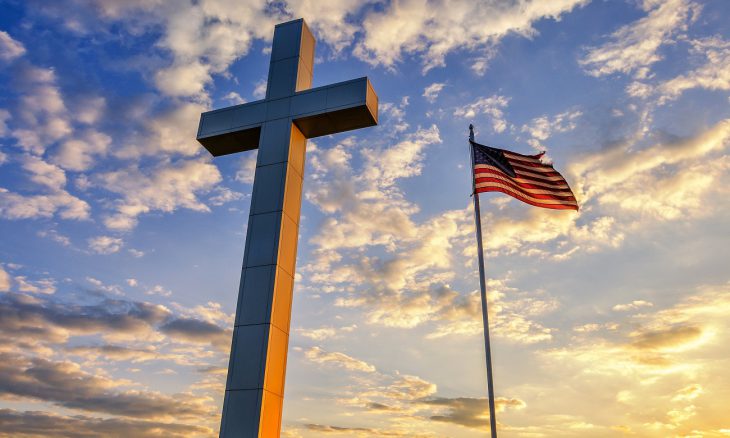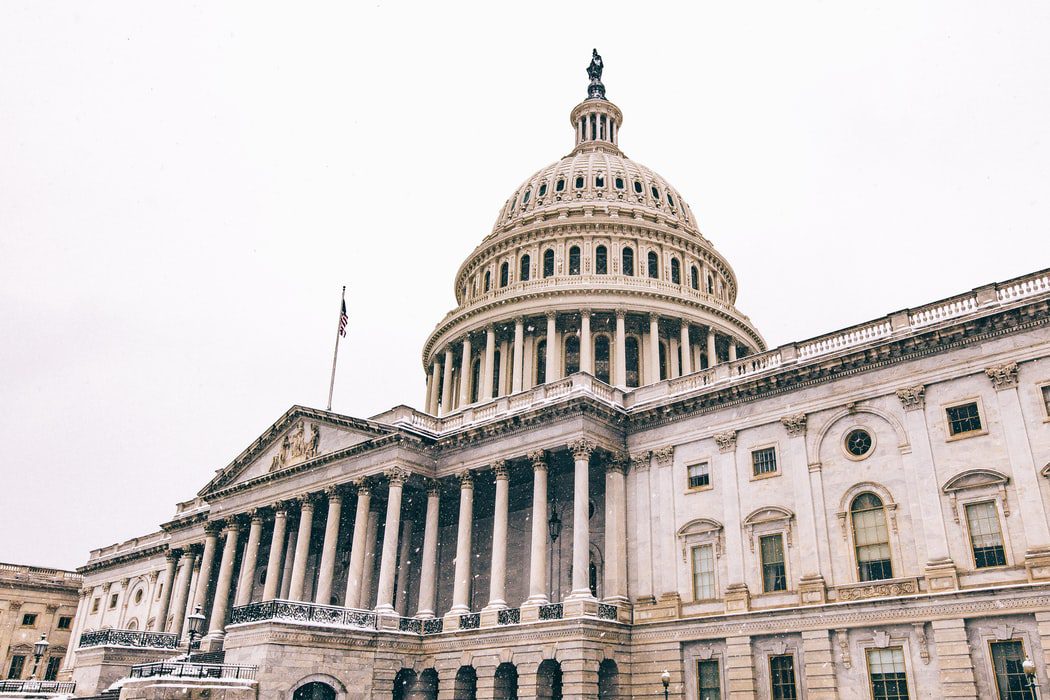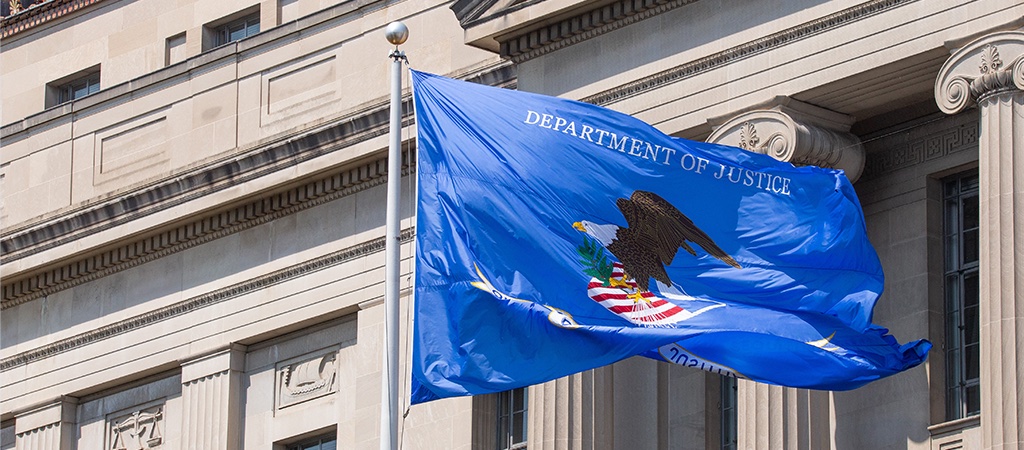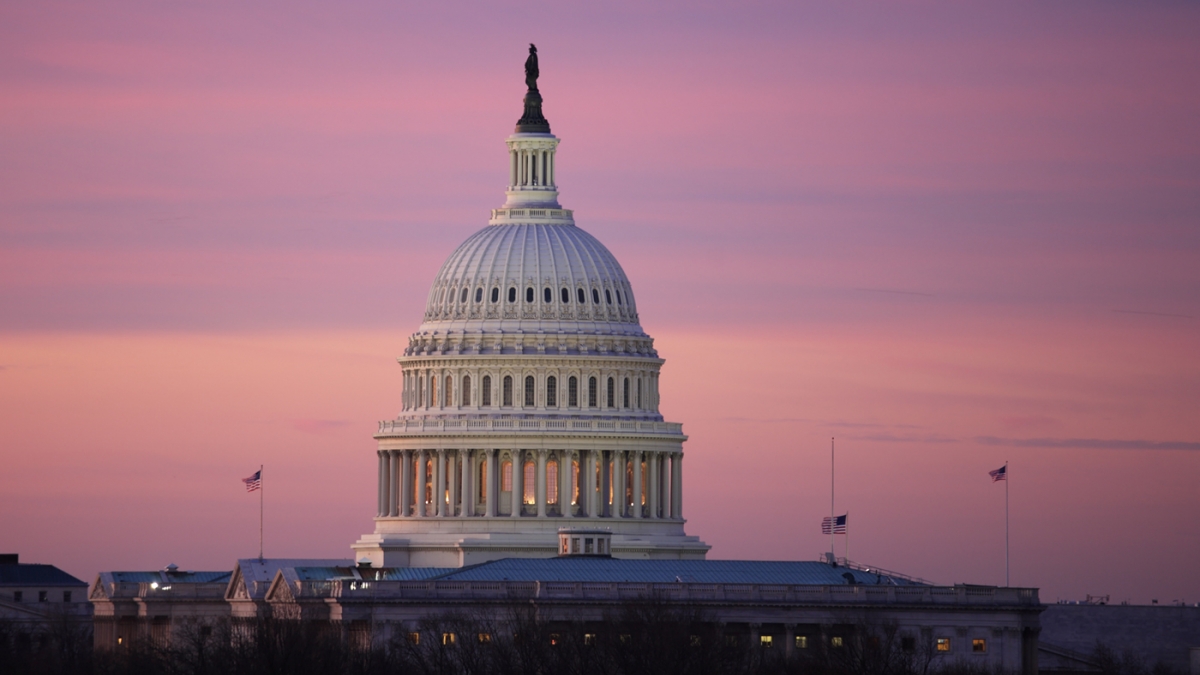Confronting religious persecution at home and abroad
PRAY FIRST for God to work through our federal, state, and local leaders as they work to protect the rights of religious freedom for Americans and for those around the world.
Remember those who are in prison, as though in prison with them, and those who are mistreated, since you also are in the body. Hebrews 13:3
Religious persecution involves systematic mistreatment of individuals or groups based on their religious beliefs. Internationally, Article 18 of the Universal Declaration of Human Rights guarantees the right to freedom of thought, conscience, and religion, including the freedom to change one’s religion or belief and to manifest it in teaching, practice, worship, and observance United Nations Human Rights Office.
Despite these protections, violations persist. The U.S. Department of State’s 2022 Report on International Religious Freedom documents numerous instances where governments have restricted religious practices, harassed religious communities, or failed to protect them from societal discrimination.
Global Persecution
According to Open Doors’ World Watch List 2025, over 380 million Christians face high levels of persecution and discrimination worldwide. In the top 50 countries alone, 310 million Christians experience very high or extreme levels of persecution. Forms of persecution include imprisonment, violence, and restrictions on religious practices.
Authoritarian regimes often manipulate religion to consolidate power. Research indicates that such governments may co-opt dominant religious institutions to legitimize their authority while suppressing minority faiths.
Religious Freedom in the U.S.
The First Amendment to the U.S. Constitution prohibits the government from establishing a religion and protects individuals’ rights to free exercise of their faith. This dual protection aims to ensure both freedom from governmental imposition and freedom to practice one’s religion.
Support for religious freedom remains strong in the U.S., with many legal victories for religious liberty in recent years. In practice, religious freedom in the U.S. is upheld through various legal frameworks and societal norms. Tensions arise when religious practices intersect with public policies. For instance, debates over the display of religious symbols in public schools have led to legal challenges—reflecting the ongoing negotiation between free exercise and establishment clauses.
While the U.S. provides strong legal protections for religious freedom, challenges remain, particularly when religious practices conflict with secular laws or other rights. Unlike in some countries where persecution is state sponsored, in the U.S., conflicts often arise from societal debates that then proceed through legal interpretations.
It is crucial to distinguish between legal limitations—such as zoning laws affecting places of worship—and outright persecution, which involves systemic oppression and violence. Understanding these nuances helps in assessing the state of religious freedom both domestically and internationally.
Social and Cultural Impacts
Religious persecution affects not only individuals’ ability to practice their faith but also their sense of identity and social cohesion. Media portrayals play a significant role in shaping public perceptions of religion, often perpetuating stereotypes or misunderstandings. These representations can influence societal attitudes and policy decisions, underscoring the need for accurate and respectful media coverage.
Critics argue that laws influenced by societal attitudes could pave the way for more targeted actions against people of faith. In the UK, the Public Order Act 2023 criminalizes activities such as prayer, peaceful presence, and consensual communication within 150 meters of abortion clinics. While this law aims to protect individuals accessing these services from potential harassment, it disproportionately affects religious groups. Similarly, the UK’s Online Safety Act 2023, while not explicitly targeting religious groups, aims to limit hate speech online. However, the broad definitions of harmful content and hate speech have raised concerns about potential overreach, potentially leading to the suppression of legitimate religious expression.
Although some states have attempted to implement similar laws, the U.S. has not enacted any legislation that overtly persecutes religious groups at this time. However, it is crucial for Americans to remain vigilant and aware of potential threats to religious freedom, ensuring that laws and policies do not become tools for discrimination or suppression of religious expression.
Enforcement
The U.S. government actively promotes religious freedom abroad through the Office of International Religious Freedom, which monitors violations and advocates for affected communities. Domestically, agencies like the U.S. Commission on International Religious Freedom (USCIRF) assess threats and provide policy recommendations. The USCIRF 2024 Annual Report recommended 17 countries as Countries of Particular Concern due to severe violations of religious freedom. These recommendations can be guides for U.S. foreign policies and encourage pressure on offending nations.
Despite these efforts, challenges remain in effectively addressing and reducing religious persecution. International initiatives often face obstacles such as political complexities and limited enforcement methods.
Why It Matters and How We Can Respond
Religious persecution isn’t a distant issue; it strikes at the heart of human dignity and freedom. As followers of Christ, we’re called to “open your mouth, judge righteously, defend the rights of the poor and needy” (Proverbs 31:9, ESV). Standing for religious freedom reflects Christ’s love by affirming the worth of every person—even those who believe differently or not at all—and calls us to respond with compassion and conviction
HOW THEN SHOULD WE PRAY:
— Pray for guidance for leaders and organizations working to protect religious freedoms. If any of you lacks wisdom, let him ask God, who gives generously to all without reproach, and it will be given him. James 1:5
— Pray God to strengthen the ties between all believers around the globe to support and encourage one another. If possible, so far as it depends on you, live peaceably with all. Romans 12:18
CONSIDER THESE ITEMS FOR PRAYER:
- Pray for journalists, artists, educators, and digital platform moderators that they would approach religion with integrity, accuracy, and respect—resisting sensationalism or misrepresentation that deepens misunderstanding.
- Pray for global solidarity among believers, that churches and religious groups would actively support those suffering for their faith in other nations—not just through awareness, but through sustained prayer, aid, and compassion.
- Pray for believers around the world to be able to practice their faith publicly with holy boldness, free from fear or suffering.
Sources: Open Doors, U.S. Department of State, U.S. Commission on International Religious Freedom, United Nations, MediaSmarts, Religious Freedom Institute, U.S. Courts, FindLaw, Cambridge University Press









